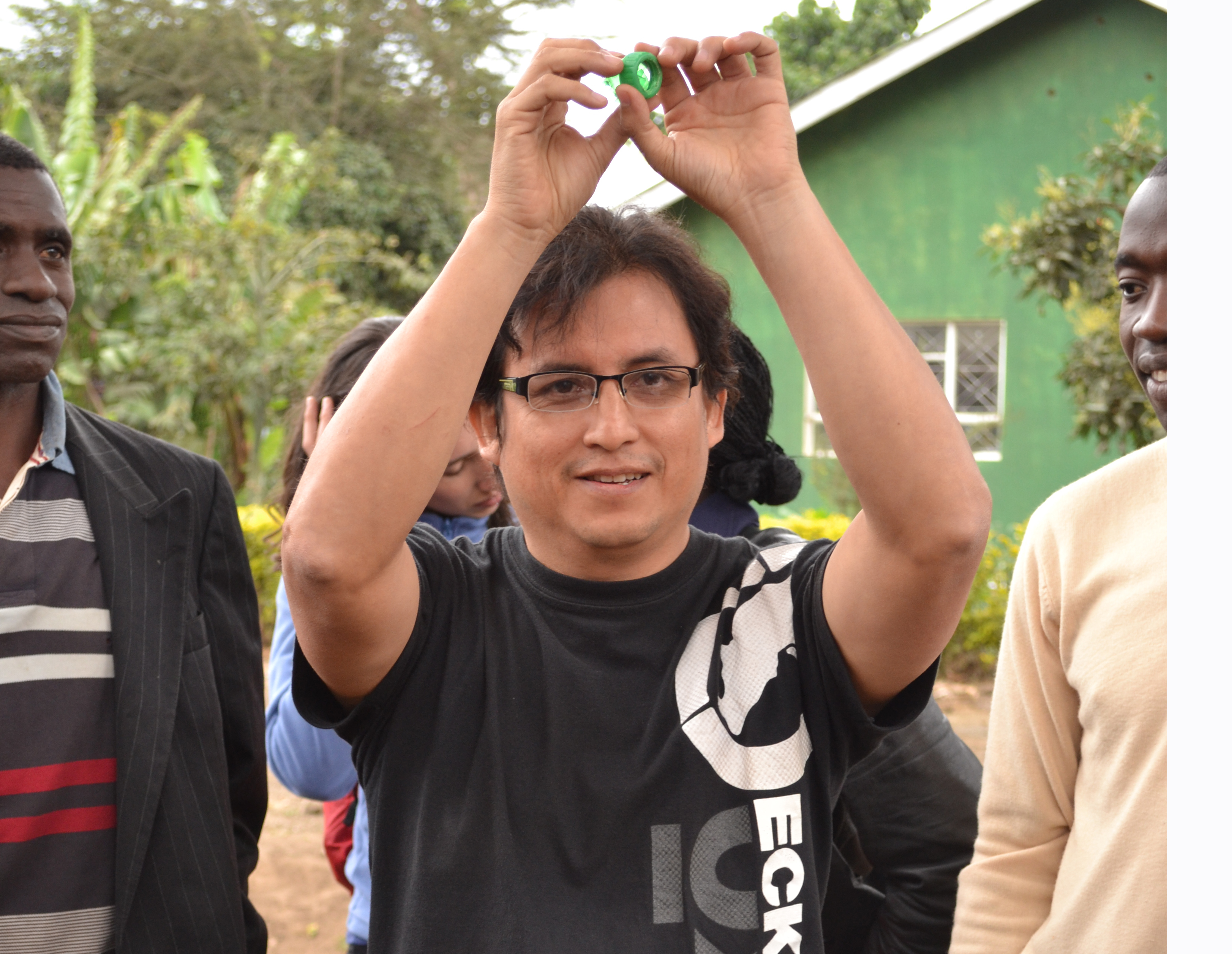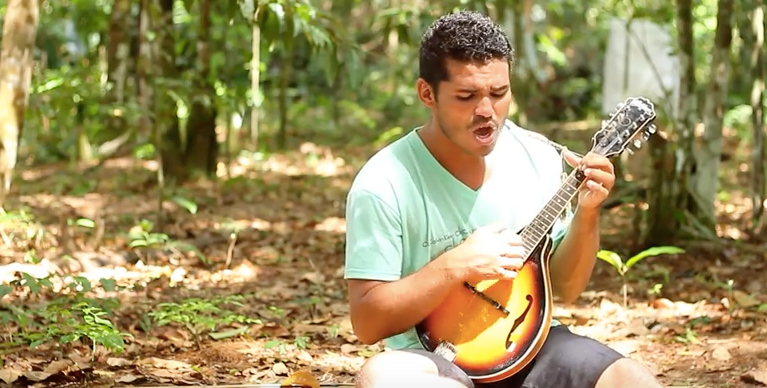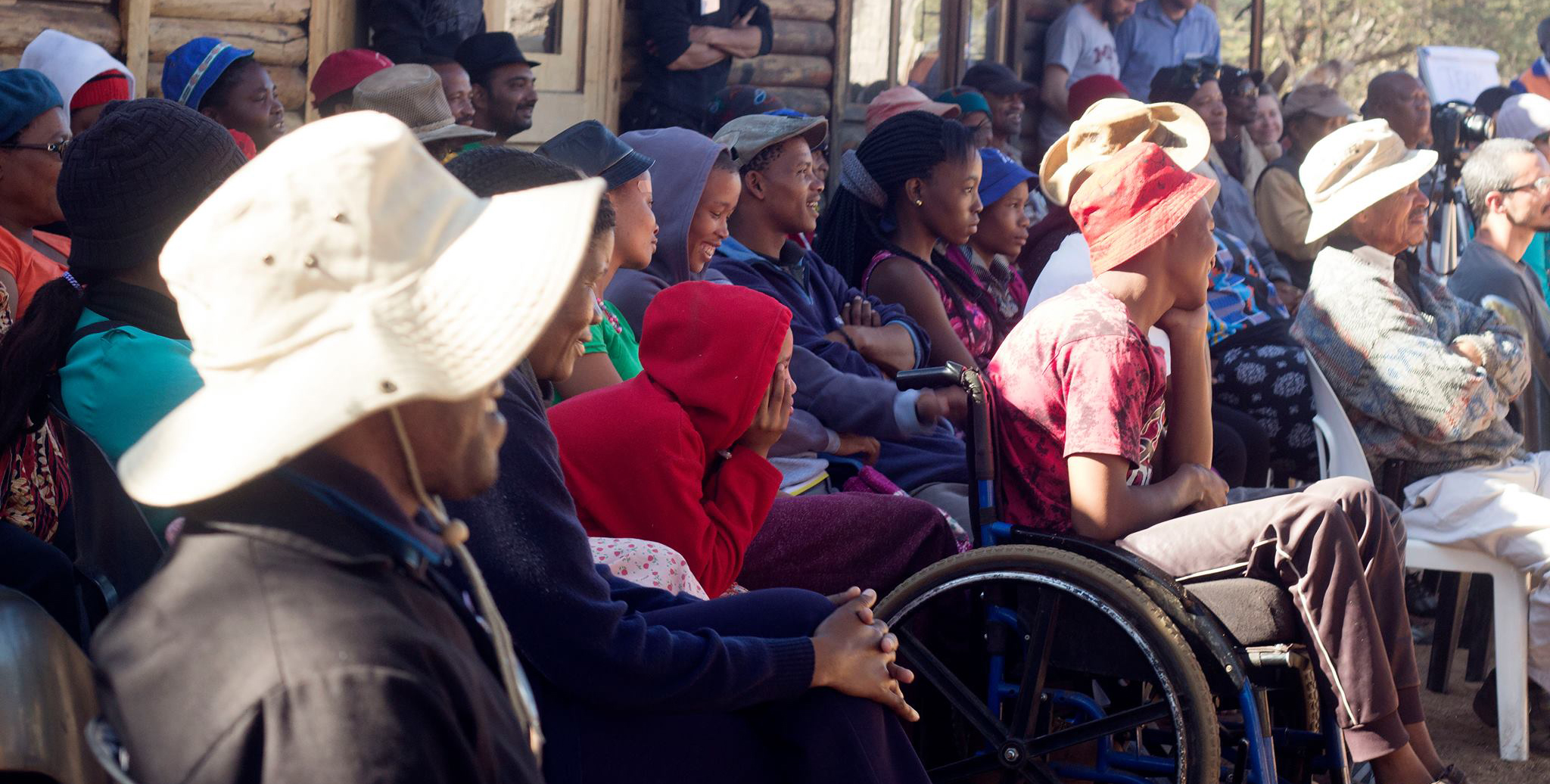IDIN Network Member Designs & Launches New Course in Peru Based on Experience at IDDS

The design summit wasn’t even over before Raúl Muñoz Sifuentes was certain: the International Development Design Summit (IDDS) philosophy was something he wanted to take back to his students in Peru.
A participant in IDDS Tanzania and an industrial engineering professor at the Pontificia Universidad Catolica del Peru, Raúl was eager to pass on what he had learned to his university.
After months of planning, Raúl’s vision is coming to life in the form of a course, “D-Lab: Laboratorio de Desarrollo e Innovacion Inclusiva,” or “D-Lab: Lab of Development and Inclusive Innovation.”
The semester-long course begins in March and will be taught by two professors in addition to Raúl, including Domingo Gonzales and Jose Raú. Raúl is thrilled to have 40 students on board from diverse backgrounds including mechanical and computer engineering as well as non-engineering fields such as social science, anthropology, communications, and more.
Raúl says his course is inspired by his experience at IDDS and will be delivered through a mix of lectures, case studies, rapid prototyping, and community engagement. Students will work in multidisciplinary teams to develop a solution to a real problem in their community or with a partner abroad.
Raúl is one of many academics in the IDIN Network who turned their passion for IDDS into a course upon returning home.
Aparna Ramanthan teaches medical students the design process and helps them identify and solve problems at the University of Texas Southwestern Medical Center.
In Pakistan, Mustafa Naseem teaches “D-Lab: Design” and “D-Lab Development” graduate courses at Information Technology University, where he founded and directs the Innovation for Poverty Alleviation Lab, or IPAL.
Juan David Reina Rozo is currently designing a humanitarian engineering program at the Universidad Nacional de Colombia in Bogota, and Fabio Fajerdo recently introduced courses at the same university called, “Solving Priority Problems with Low-Cost Technologies,” and “Sustainable and Appropriate Design and Innovation.”
In Brazil, Lucas Santana is introducing IDDS methodology to first-year students at Instituto Tecnológico de Aeronáutica, and Anna Lucia Dos Santos is exploring the launch of an appropriate technology design course at Universidade Federal do Ceará around architecture and urban planning.
Do you know an IDIN Network member designing an academic course inspired by IDDS or IDIN that we missed? Write IDIN’s Communications Coordinator Lauren McKown at lmckown@mit.edu to share.






